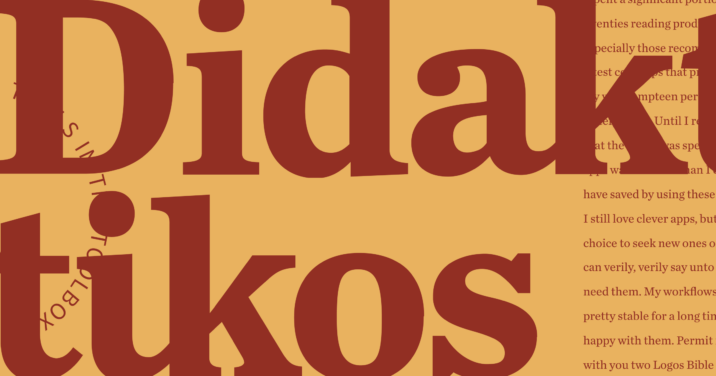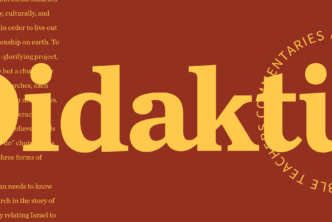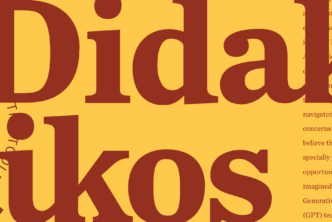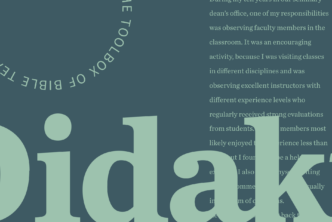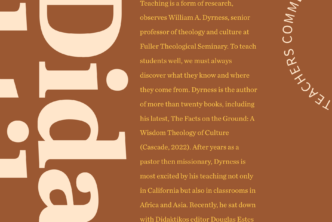Dougald McLaurin | Southeastern Baptist Theological Seminary
Last fall a student walked into the library and asked me where the commentaries on the book of Romans were located. He said he needed them for an exegesis paper he was writing. I asked, “How are you going to research your exegesis?” He said he would pull some commentaries and quote the ones he liked best. I might have let out an audible gasp, but this approach to research is common among students.
Many professors readily admit that their students do not know how to write a good research paper. This is a struggle for professors, because they want their students to be able to communicate and research well. At the same time, professors cannot devote class time to teaching academic writing.
Professors are not abandoned in their plight. Librarians can help. Below are some simple ways you can work with your library to teach students how to write research papers without sacrificing valuable time.
Call attention to library services
Because professors have so many demands on their time, their syllabi have general statements like “Use the library!” or “Search the online databases for scholarly journal articles.” This unintentionally communicates bad research habits to students. If you encourage students to use the library databases only, you imply that research is accomplished solely by searching the databases. Students will search the databases first before exploring tertiary sources to get a good understanding of their topic. Most libraries offer research appointments where they teach students the proper process for research and introduce students to important resources on their topic. Work with your librarian to help you highlight these services in your syllabus, and mention them on the first day of class. Who knows? Maybe your library staff will even write a paragraph for your syllabus and save you time.
Develop course-specific services
Work with your librarians to develop services specifically related to your classes. Librarians can develop course-specific services such as research workshops or Libguides1 designed to supplement your class. They can get creative with these types of services, so do not feel like you are limited to services they currently offer. The more librarians know about your needs, the better they can adapt services to you. One of the first Libguides I developed was for a hermeneutics class taught by the president of my school. I read his syllabus and noted that he outlined the hermeneutical process students needed to follow in their papers. I designed the guide around his process and provided quality library resources for each step. All he had to do was look over the guide and approve it.2
Support a library-focused course
Librarians need faculty to be their champions. With MDiv programs cutting hours, library research courses are long gone. Look at areas where your library could offer noncredit courses to help degree programs at your institution. To help students who were writing their theses, Vanderbilt Divinity School recently offered an optional course titled “MTS Thesis Writing and Research Methods.”3 Students registered for this class like any other course, which gave it a certain gravitas that other optional library instruction does not garner. Faculty support was vital for getting this course approved.
Each library will have different capabilities and services, but every library exists to support its faculty. Librarians are your best allies to help teach students how to research and write a good academic paper. It all begins with a short conversation with your librarians to let them know your needs. Trust me, your library staff will love you for reaching out.
1 Libguides are online web pages that point students to useful resources in the library for any given topic. For examples, see library.sebts.edu/researchguides.
3 Keegan Osinski and Bobby Smiley, “Library as Thesis Laboratory: A Workshop-Based Approach to How Librarians Can Support Writing and Research” (presented at the American Theological Library Association annual conference, Indianapolis, June 14, 2018).

